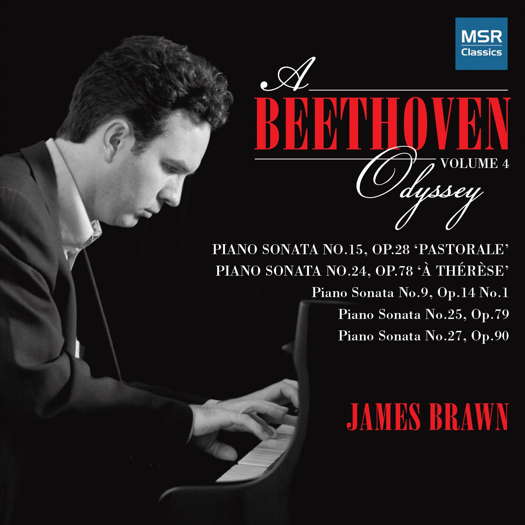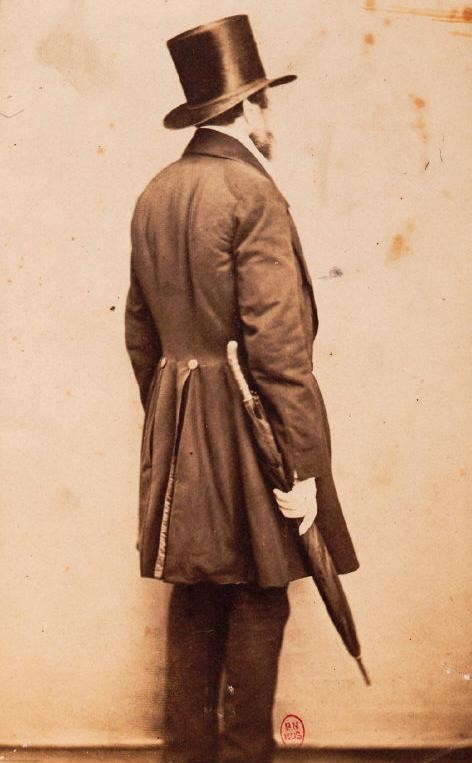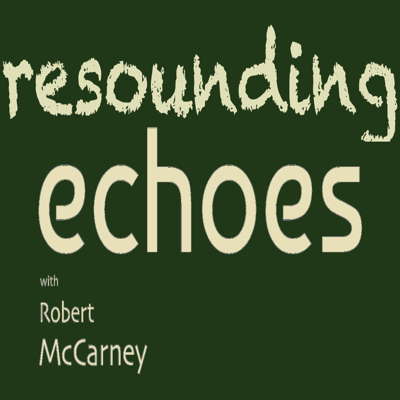 SPONSORED: CD Spotlight. Pure Magic - James Brawn's continued Beethoven Odyssey, awaited by Andrew Schartmann.
SPONSORED: CD Spotlight. Pure Magic - James Brawn's continued Beethoven Odyssey, awaited by Andrew Schartmann.
All sponsored features >>
'OBSCURE' REPERTOIRE

Important advice for pianists
When I was a piano student in the decade of Nixon, Gerald Ford and Jimmy Carter - that's Heath, Wilson, Callahan and early Thatcher for UK readers - I preferred to play obscure music by forgotten/ignored composers: Liszt: yes, that's what I said, Paderewski, Busoni, Clementi and Alkan. (Locating copies of Alkan's music was difficult.) My teachers were appalled. My fellow students laughed.
I even prepared one performance of a Paderewski piece and based my performance practice on his own recording. It involved rolled chords and rubati not specified in the published score. I thought this was a 'historically informed performance' (HIP) method. When my teacher mocked my performance and explanation, he said 'Well, then Paderewski wasn't a very good musician, was he?'
When a teacher (in great frustration with my interpretations) asked me what I was listening to, I put a recording by a mid-nineteenth-century-born pianist on the turntable (before CDs) and she lifted the stylus after three bars and said 'That's enough of that'. Later though I heard she had taken up the music of one of my favourite obscure composers.

Charles-Valentin Alkan (1813-1888).
Public domain - photographer unknown
I recall one musician who mocked Alkan as a worthless composer after having heard one of his compositions. The Allegro barbaro is arguably not one of his best, but, I asked if we should judge a composer by one single work, by their worst work or by their best work. I suggested some of Mozart's Masonic music as an example. It didn't go over well. Of course, we can ask if it is fair to judge any creator by just one of his works. The famed potter George E Ohr was asked to submit a couple of his works to a show and he replied that it was like asking Shakespeare for a couple of lines of his poetry and that they would have to guess the rest.
Long ago, when I told a professor of a program of mine that included works by C P E Bach, Busoni and little known Liszt, she asked 'Who allowed you to play that programme?' My answer was 'I choose my programmes and accept no more than advice and certainly do not accept orders'.
My arrogance was also motivated by another element of my thinking: 'I should only play those works which spoke to me, which I had studied in depth and which I believed I had something to say through or that I believed that I had understood the composer's meaning and could communicate his intentions.'
In a word: I don't do work wholesale.
But wide ranging knowledge is something to aim at: I believe the superior pianist Raymond Lewenthal made it a practice of only playing those works of a composer that he had selected out as the best after having examined all of the composer's piano compositions. Now, this surely was a high ideal and difficult to achieve (he was based in New York and thus had access to many better libraries), but I believe he did indeed follow this ideal in both obscure composers and those well known. For instance, I recall he declined to play and record a certain Liszt composition because he felt it weak and did not wish to sully Liszt's already tarnished reputation, especially when many other great works were available and little known and not performed.
Part of my reasoning in examining obscure repertoire in those ancient days was 'Who wants to hear a Beethoven sonata played by an unknown pianist when there's Schnabel, Kuerti, Brendel, Pollini, etc, all on record and easily heard? Perhaps there is other music we can play.' I was laughed under the table. The laughing pianists returned to their practice rooms to play 'Rocky's Third'. I wonder if they got a gig.
Today the situation is utterly different. There are hundreds of recordings released every month of obscure repertoire played by young musicians. Some of them are done very quickly. I read of one pianist who took up a whole catalogue of a certain composer's work, previously unknown to him, and was given a year to prepare the complete recordings.
Now, therein lies a problem. For I have heard some of these quickly released recordings and while the recordings might be construed as professional - certainly the audio recording quality is high and the producers are evidently hard at work - the performances lack evident deep familiarity with the music and some performances seem little better than sight reading (in a few sad cases). Great sight-reading, poor sight-reading and even just good sight reading, but all sight-reading none the less.
I once talked with a pianist who was very close to Emil Gilels. He said, first, no one ever practiced as much as Gilels - probably an exaggeration, but you get the point - and second, he said Gilels only recorded a work after sufficient preparation and after numerous concert outings of the composition until the performance and recording were an event (my informant's words). What was meant was that it was the furthest extreme of his artistic capacity that Gilels would commit to recording. I report this only as the opinion of one observer, though a very competent one at that, nor do I claim that this was always the case: life engenders odd circumstances which undermine our highest ambitions.
In order to play their best and only what they have fully absorbed, some artists willingly restrict their repertoire for reasons such as this (ie Paderewski *, Michelangeli, and perhaps Argerich). On these lines, Earl Wild said somewhere that no pianist can truly master more than ten Beethoven Piano Sonatas in a lifetime. These days twenty-somethings are playing the cycle as a norm. Wild was a vastly superior pianist recording huge works like Liszt's Robert le Diable and he continued performing well into his nineties. I'd rather take his opinion seriously.
I am deeply grateful for the recordings of obscure repertoire, but in every case we are entitled to ask if we have had a meal prepared by a five star chef, or just in a fast food simulacrum.
Indeed, play obscure repertoire, but only as if your life truly, and in the deepest existential manner, totally depended upon it.
And please don't just sight-read it.
Addendum: I have not spoken of my experience with performing modern music, by living composers. That is another story!
Copyright © 21 August 2024
the author (anonymous),
North America



